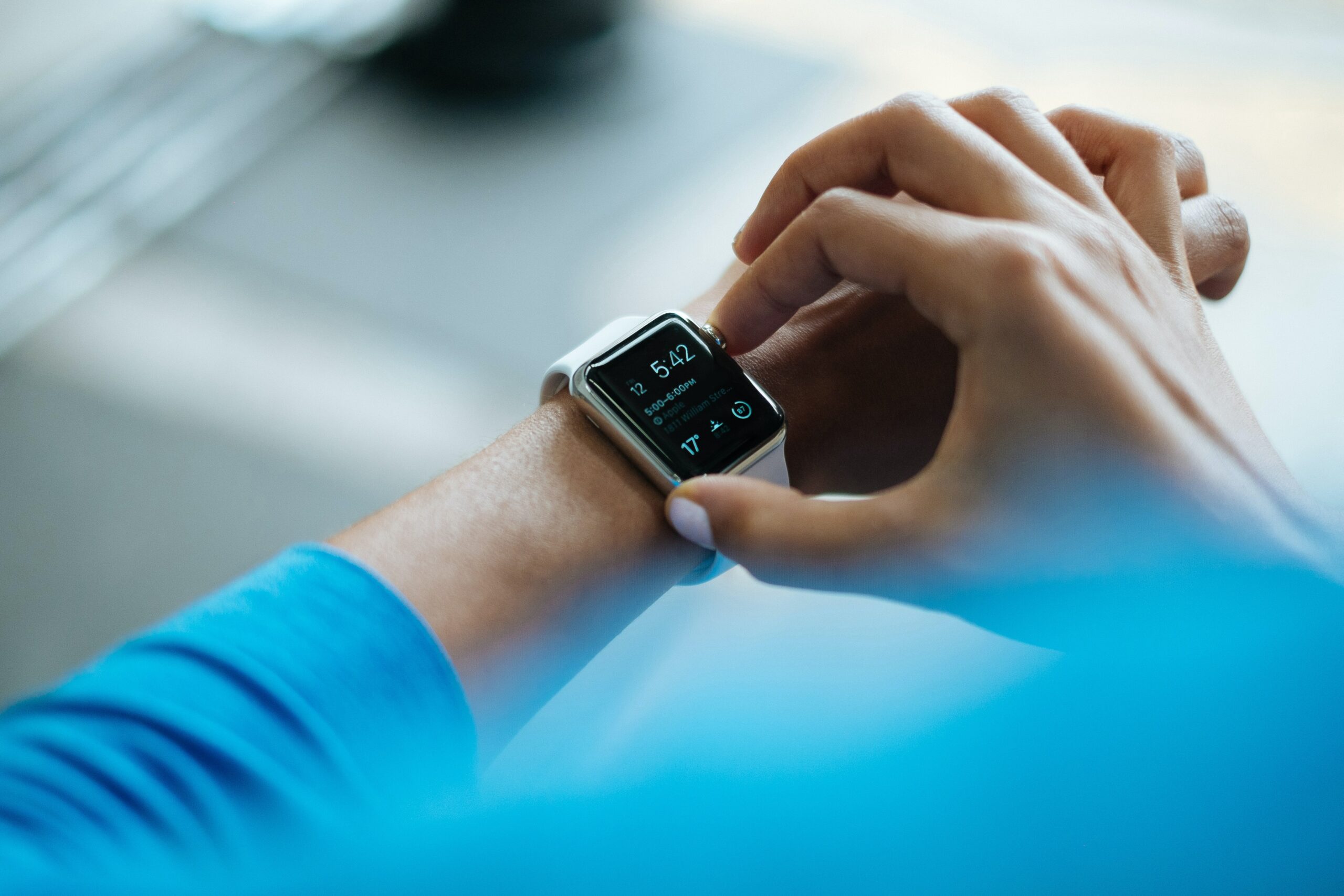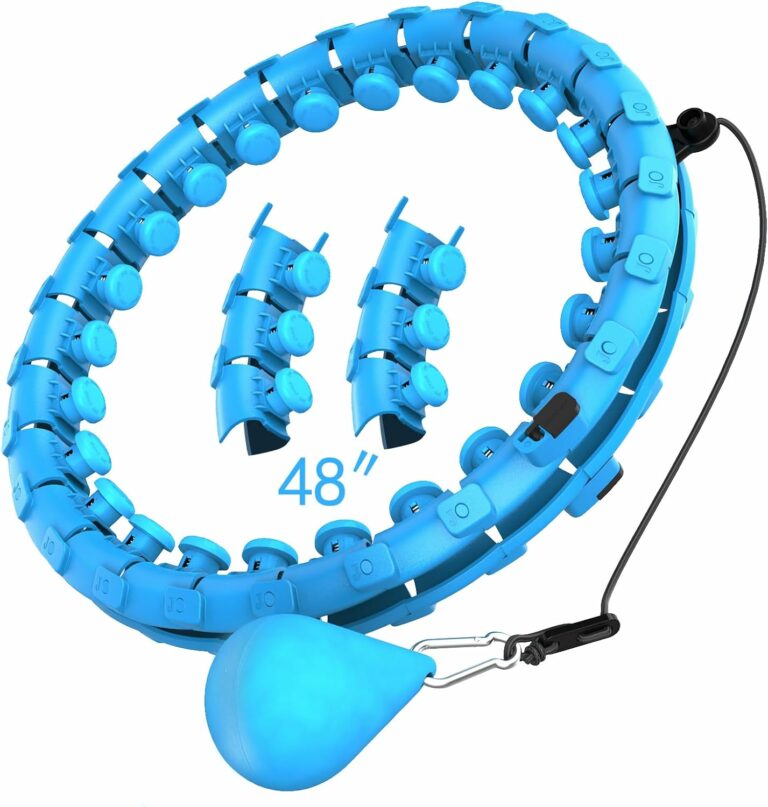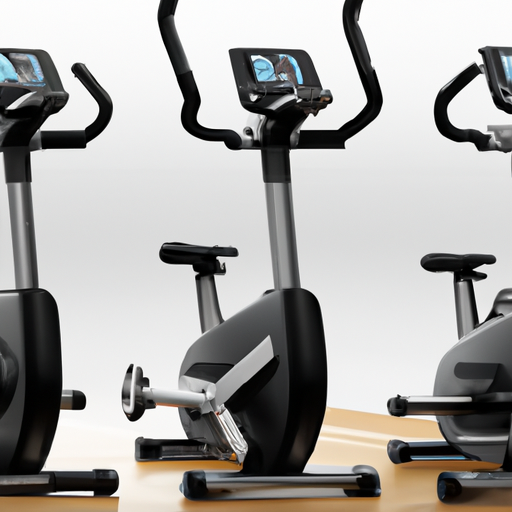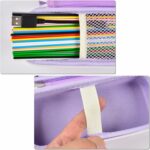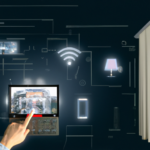Sleep Tech: How Smart Devices Can Enhance Sleep Quality is an informative article that explores the fascinating world of sleep technology and its ability to improve our sleep. Discover how these intelligent devices are revolutionizing the way we rest and recharge, providing us with valuable insights into our sleep patterns and offering innovative solutions to common sleep problems. Learn how Sleep Tech can revolutionize your sleep experience and help you achieve a truly restful night’s sleep.
Benefits of Sleep Tech Devices
Tracking Sleep Patterns
Sleep tech devices, such as smartwatches and sleep trackers, offer the ability to track your sleep patterns throughout the night. By wearing these devices while you sleep, they are able to monitor the duration and quality of your sleep. This information can provide valuable insights into your sleep habits and help identify any patterns or disruptions that may be affecting your sleep quality.
Monitoring Heart Rate and Breathing
Another key benefit of sleep tech devices is the ability to monitor your heart rate and breathing while you sleep. This data can be crucial in identifying any potential health issues, such as sleep apnea or irregular heart rhythms, that may be affecting your sleep quality. By alerting you to these issues, sleep tech devices can help you take appropriate action and seek medical advice if necessary.
Assessing Sleep Quality
Sleep tech devices can also assess the overall quality of your sleep. They use various metrics, such as sleep duration, interruptions, and movement, to determine the efficiency and restfulness of your sleep. By measuring these factors, sleep tech devices can provide you with a comprehensive analysis of your sleep quality and offer recommendations for improvement.
Improving Sleep Environment
Smart devices can also contribute to creating an optimal sleep environment. White noise machines, for example, can drown out background noise and promote a sense of calm and relaxation. Additionally, smart home integration allows you to control lighting and temperature settings in your bedroom, helping to create a comfortable and soothing environment for sleep.
Popular Sleep Tech Devices
Smartwatches and Fitness Trackers
Smartwatches and fitness trackers have gained popularity for their ability to track various aspects of our health, including sleep. These devices typically include sleep tracking features that monitor your sleep patterns, heart rate, and movement. They provide valuable insights into your sleep quality and offer actionable recommendations for improvement.
Sleep Trackers
Sleep trackers are specifically designed devices that are worn while sleeping to monitor and analyze sleep patterns. These devices often come in the form of wristbands or sleep pads that track metrics such as sleep duration, interruptions, and sleep stages. Sleep trackers offer a comprehensive analysis of your sleep quality and provide valuable insights for enhancing your sleep.
Smart Mattresses
Smart mattresses are equipped with advanced sensors to track your sleep patterns and provide personalized sleep data. These mattresses can measure factors such as heart rate, breathing, and movement to assess your sleep quality. They often come with smartphone apps or connected devices that allow you to access and analyze your sleep data, as well as adjust settings for optimal comfort.
White Noise Machines
White noise machines have become a popular sleep tech device for promoting a more peaceful and restful sleep environment. These devices emit soothing sounds, such as ocean waves or gentle rain, that help to mask disruptive noises and create a consistent ambient sound. White noise machines can be particularly helpful for those who are easily disturbed by external sounds and struggle to fall and stay asleep.
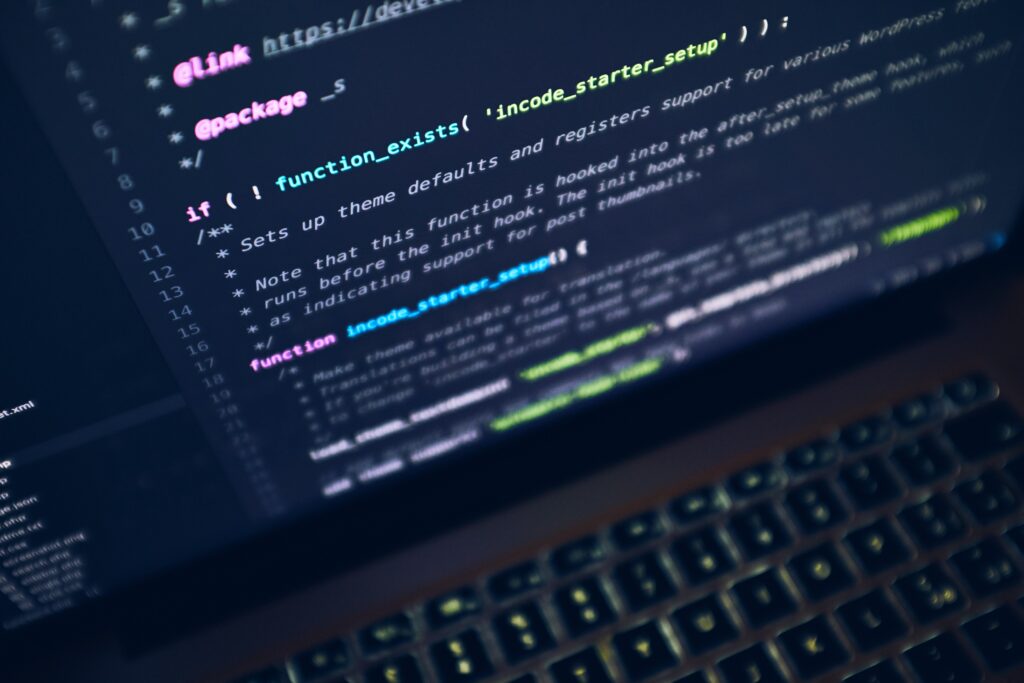
Using Smart Devices to Establish a Bedtime Routine
Setting Reminders and Alarms
One way to establish a consistent bedtime routine is by using smart devices to set reminders and alarms. By setting a regular sleep schedule and sticking to it, our bodies learn when it’s time to wind down and prepare for sleep. Smart devices, such as smartphones or smartwatches, can be programmed to remind you when it’s time to start your bedtime routine and when to go to bed. These reminders can be helpful in maintaining a consistent sleep-wake cycle.
Incorporating Relaxation Techniques
Smart devices can also assist in incorporating relaxation techniques into your bedtime routine. Many apps and devices offer guided meditation or relaxation exercises that can help calm your mind and body before sleep. These techniques can promote a sense of relaxation and reduce anxiety, making it easier to fall asleep and stay asleep throughout the night.
Creating a Dark and Quiet Sleep Environment
Creating a dark and quiet sleep environment is essential for optimal sleep quality. Smart devices, such as smart bulbs or smart curtains, can be used to control the lighting in your bedroom and create a dark environment conducive to sleep. Similarly, white noise machines can be used to mask external noise and provide a consistent and soothing sound environment for sleep.
Smart Devices for Sleep Monitoring
Wearable Sleep Trackers
Wearable sleep trackers, such as smartwatches and fitness trackers, are popular devices for sleep monitoring. These devices are worn on the wrist and use sensors to track sleep patterns and collect data on sleep duration, quality, and disruptions. This data can then be analyzed through accompanying smartphone apps or connected devices to provide insights into sleep habits and offer recommendations for improvement.
Smartphone Apps for Sleep Analysis
Smartphone apps have become powerful tools for sleep analysis. Many apps utilize your phone’s accelerometer and microphone to track movement and sound during sleep. This data is then used to assess sleep duration, interruptions, and overall sleep quality. Smartphone apps for sleep analysis often offer features such as sleep scores, sleep stage tracking, and personalized recommendations for better sleep.
Bedside Sleep Monitors
Bedside sleep monitors are devices that are placed on or near your bed to track sleep patterns. These devices use sensors to measure heart rate, breathing, movement, and other sleep-related factors. Bedside sleep monitors often connect to smartphone apps or other devices to provide real-time sleep data and insights. They can be particularly useful for those who prefer not to wear a wearable device while sleeping.
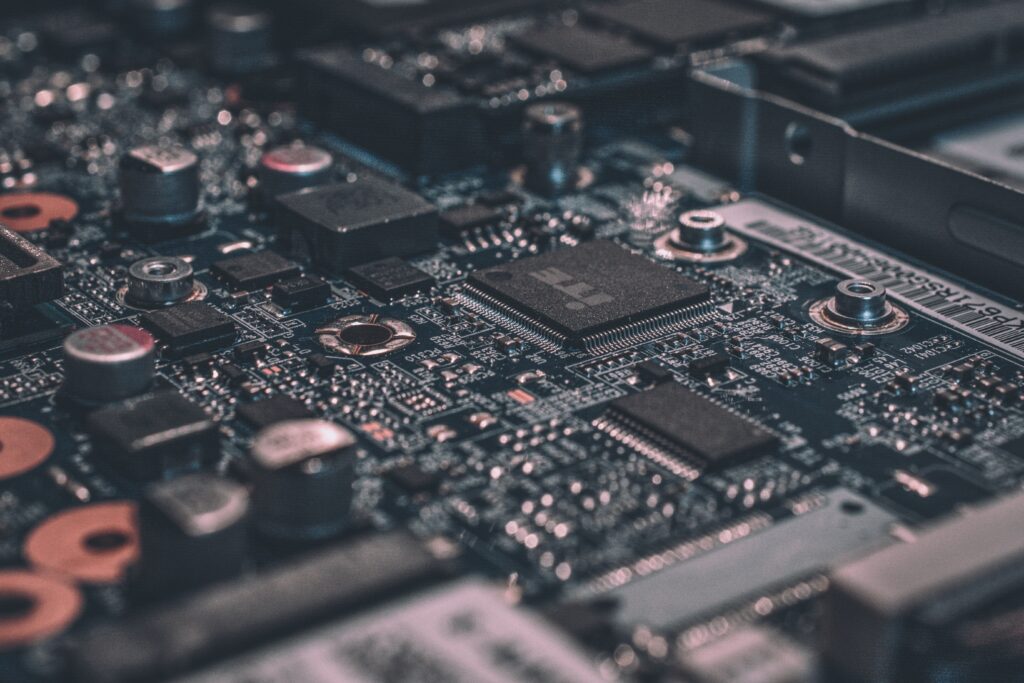
Managing Sleep Disorders with Smart Devices
Sleep Apnea and Continuous Positive Airway Pressure (CPAP) Devices
Sleep apnea is a common sleep disorder characterized by pauses in breathing or shallow breathing during sleep. Continuous Positive Airway Pressure (CPAP) devices are commonly used to manage sleep apnea. These devices work by delivering a constant flow of air pressure to keep the airway open and prevent interruptions in breathing. Many modern CPAP devices are now equipped with smart technology that tracks usage data and provides detailed reports on sleep patterns and treatment effectiveness.
Insomnia Management Apps
Insomnia is another prevalent sleep disorder that can often be managed with the help of smart devices. Insomnia management apps offer a range of features to assist with improving sleep quality and promoting relaxation. These apps may include guided meditation, white noise options, sleep tracking, and personalized sleep plans. By utilizing these apps, individuals with insomnia can develop healthy sleep habits and establish a bedtime routine that supports better sleep.
Smart Pillows for Snoring
Snoring is a common issue that can disrupt sleep quality for both the snorer and their partner. Smart pillows are designed specifically to address snoring by vibrating or adjusting position in response to snoring sounds or movement. These pillows can gently prompt the snorer to change position or adjust their breathing, helping to reduce snoring and promote a more restful sleep for both individuals.
Utilizing Connected Devices to Optimize Sleep
Smart Home Integration for Lighting and Temperature Control
Smart home integration allows you to control various aspects of your sleep environment, such as lighting and temperature, using connected devices. Smart bulbs can be programmed to dim or turn off at specific times, creating a gradual transition to darkness before sleep. Similarly, smart thermostats can be set to adjust the temperature in your bedroom to create an ideal sleeping environment. By optimizing lighting and temperature, smart home integration can contribute to better sleep quality.
Connected Alarm Clocks
Connected alarm clocks offer a more gentle awakening by simulating a sunrise with gradually increasing light and sound. These clocks can help to regulate your sleep-wake cycle and ensure a more natural and peaceful transition from sleep to waking. Some connected alarm clocks also offer features such as sleep tracking and personalized sleep recommendations.
Smart Bedding and Sleep Systems
Smart bedding and sleep systems are designed to enhance comfort and promote better sleep. These systems often include features such as adjustable mattress firmness, cooling technology, and personalized sleep tracking. By optimizing the comfort and support of your sleep surface, smart bedding and sleep systems can help improve sleep quality and promote a more restful night’s sleep.
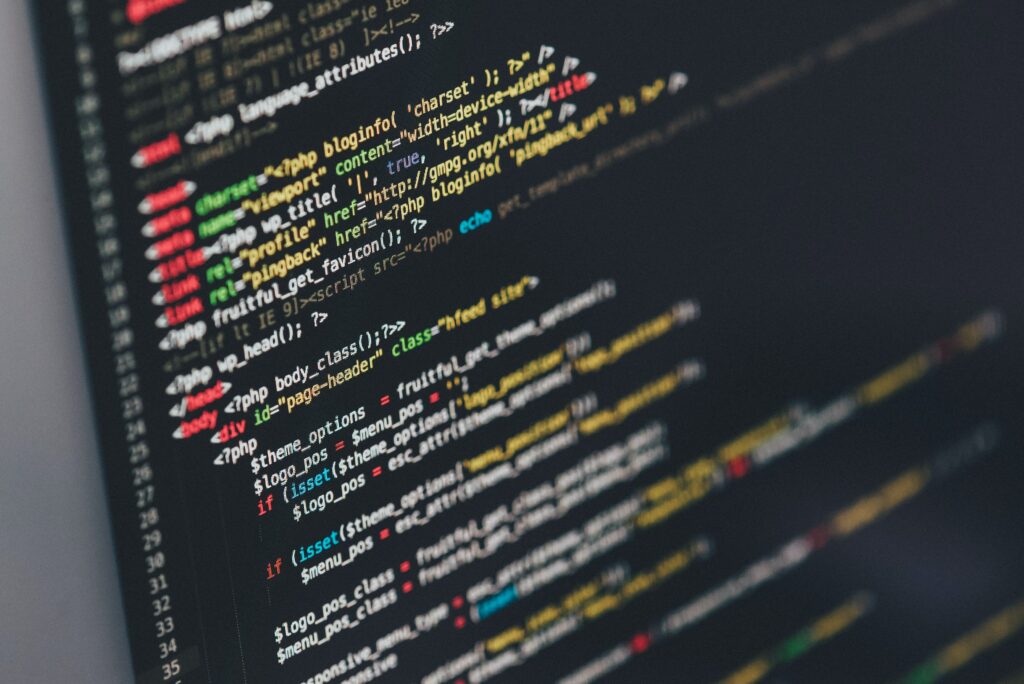
Potential Concerns and Limitations with Sleep Tech
Data Privacy and Security
One potential concern with sleep tech devices is the privacy and security of your personal sleep data. As these devices collect and transmit sensitive information about your sleep patterns and habits, it is essential to ensure that the data is securely stored and protected. When choosing sleep tech devices, it is important to consider the privacy policies and data security measures implemented by the manufacturers.
Reliance on Technology for Sleep
While sleep tech devices can provide valuable insights and support, it is necessary to maintain a balanced approach and not rely solely on technology for sleep improvement. It is crucial to also prioritize healthy sleep habits, such as maintaining a consistent sleep schedule, practicing relaxation techniques, and creating a sleep-friendly environment. Sleep tech devices should be seen as tools to complement and enhance these habits rather than replace them.
Unreliable Sleep Tracking Accuracy
While sleep tech devices have advanced significantly in recent years, there can still be limitations in the accuracy and reliability of sleep tracking. Factors such as device placement, movement, and environmental conditions can potentially affect the accuracy of sleep data. It is important to take the data provided by sleep tech devices as indicators and not rely solely on them for a definitive assessment of sleep quality.
Future Developments in Sleep Tech
Artificial Intelligence in Sleep Analysis
The integration of artificial intelligence (AI) in sleep tech devices holds great promise for the future of sleep analysis. AI algorithms can analyze large amounts of sleep data and provide more accurate and personalized insights into sleep quality. With further advancements in AI technology, sleep tech devices can become even more effective in identifying sleep disorders, providing tailored recommendations, and assisting in personalized sleep improvement plans.
Advanced Sleep Monitoring Sensors
Advancements in sensor technology are expected to further enhance sleep monitoring capabilities. Future sleep tech devices may include sensors that can measure additional parameters such as brain activity, oxygen levels, and body temperature. These advanced sensors will provide a more comprehensive understanding of sleep and allow for more precise tracking and analysis of sleep patterns and quality.
Sleep-Inducing Wearables
Sleep-inducing wearables are an emerging area of sleep tech that aims to actively improve sleep quality through innovative techniques. These wearables often utilize technologies such as neuromodulation, gentle vibrations, or aromatherapy to promote relaxation and induce sleep. As research and development in this area progress, sleep-inducing wearables may become an effective non-pharmaceutical option for managing sleep disorders and improving sleep quality.
Sleep Tech vs. Traditional Sleep Solutions
Comparing the Effectiveness
When comparing sleep tech devices to traditional sleep solutions, such as sleep hygiene practices, the effectiveness can vary depending on individual needs and preferences. Sleep tech devices offer the advantage of collecting and analyzing real-time sleep data, providing actionable insights, and offering personalized recommendations. Traditional sleep solutions, on the other hand, focus on establishing healthy sleep habits and creating an optimal sleep environment. A combination of both sleep tech and traditional methods may yield the best results in improving sleep quality.
Cost Comparison
The cost of sleep tech devices can vary widely depending on the type and brand. Smartwatches and fitness trackers tend to be more affordable options, while advanced sleep systems and smart mattresses can be more expensive. Traditional sleep solutions, such as creating a sleep-friendly environment and practicing relaxation techniques, often require minimal to no additional cost. However, it is important to consider the long-term benefits and potential improvements that sleep tech devices can offer.
Ease of Use and Accessibility
Sleep tech devices, particularly smartphone apps and wearable trackers, are generally easy to use and widely accessible. Many devices and apps have user-friendly interfaces and intuitive features, making them accessible to individuals of all ages and technological abilities. Traditional sleep solutions, while straightforward, may require more discipline and effort to implement consistently. Overall, sleep tech devices offer convenience and accessibility in monitoring and improving sleep quality.
Conclusion
Sleep tech devices have revolutionized the way we understand and manage our sleep. From tracking sleep patterns to monitoring heart rate and breathing, these devices offer valuable insights into our sleep quality and help identify areas for improvement. By using smart devices to establish a bedtime routine, individuals can create a conducive environment for sleep and incorporate relaxation techniques. Sleep tech devices provide numerous options for sleep monitoring, including wearable sleep trackers, smartphone apps, and bedside monitors. They also offer innovative solutions for managing sleep disorders and optimizing sleep through smart home integration and connected devices. While there are concerns and limitations with sleep tech, advancements in artificial intelligence and sensor technology hold promise for the future of sleep analysis. When comparing sleep tech devices to traditional sleep solutions, it is important to consider factors such as effectiveness, cost, and accessibility. In conclusion, sleep tech devices can be powerful tools for enhancing sleep quality and promoting healthier sleep habits when used in conjunction with traditional sleep practices.
